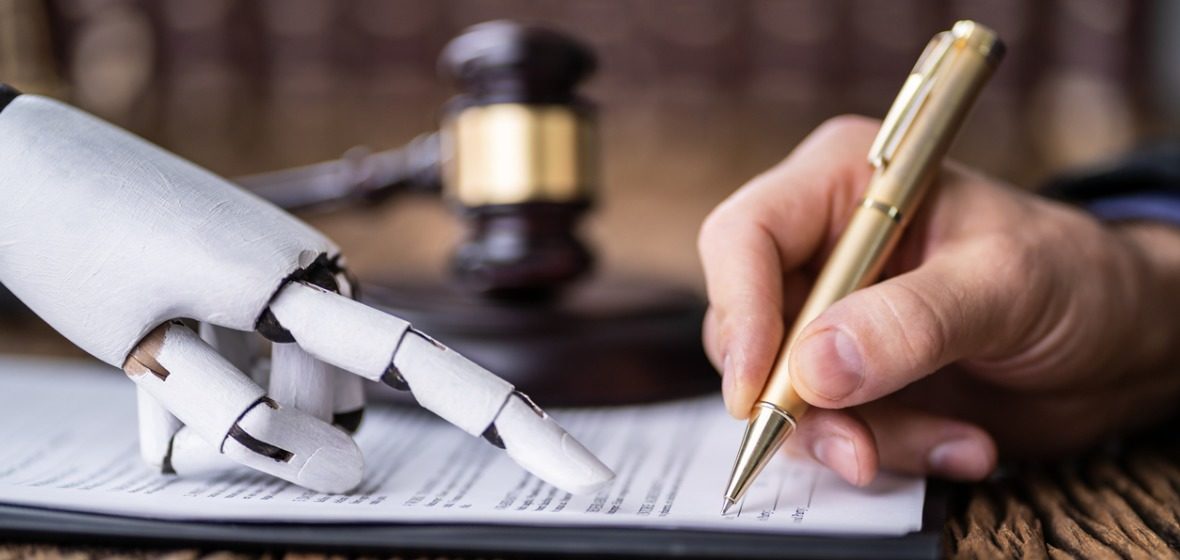In February 2023, a robot powered by artificial intelligence (AI) will provide arguments for the defendant in a traffic infringement matter in US court. Details of the defendant and court have not been disclosed.
Joshua Browder, CEO of the US-based legal services firm DoNotPay, said that the “robot lawyer” runs on a smartphone. It does not address the court directly but rather listens to the arguments, collates data from legislation and legal precedent and then formulates legal advice for the defendant. The robot then tells the defendant what to say in real time via headphones.
DoNotPay has agreed to cover the defendant’s fines if the robot lawyer loses this traffic infringement case.
To date, the company has used AI technology to assist more than two million people in customer service disputes such as securing refunds and lowering their bills. The technology has also been used to successfully dispute more than 190,000 parking tickets for clients. This is the first time it will be used to advise a client in court.
“In the past year, AI tech has really developed and allowed us to go back and forth in real time with corporations and governments,” said Browder.
“We spoke live [with companies and customer service reps] to lower bills with companies; and what we’re doing next month is trying to use the tech in a courtroom for the first time,” he said.
Browder asserts that his company’s mission is to make the justice system a “more level playing field”. He wants to empower consumers with the legal information required to “solve their problems like beating parking tickets, appealing bank fees, and suing robocallers”.
“Lawyers are charging hundreds of dollars an hour for copying and pasting documents, and our vision at DoNotPay is to make the law free,” said Browder.
Lawyers are charging hundreds of dollars an hour for copying and pasting documents, and our vision at DoNotPay is to make the law free.
Joshua Browder, CEO of DoNotPay
Since it was founded, DoNotPay has grown to cover over 100 areas of law and claims to process 1,000 cases per day.
Dr Karim Seghouane, Associate Professor at the University of Melbourne specialising in AI technology, said that robot lawyers will not be as effective as human lawyers in minimising errors.
“At the beginning, the machine will not be good,” said Seghouane.
“You will have the average number of human errors always much smaller than the average error of the machine.
“But as the machine gets better – it’s like Windows, it started with MS DOS, Windows, Windows 1, until Windows 10 – it gets better and better.”
Seghouane highlights some of the advantages to using a robot lawyer such as memory, accuracy, and speed.
“A human cannot memorise the whole law, as the machine has,” he said.
“You don’t have lawyers going through law books in front of the court, looking for a specific paragraph that the machine can retrieve immediately.”




